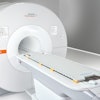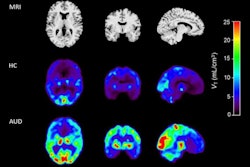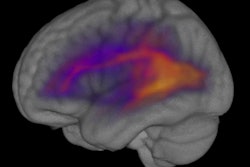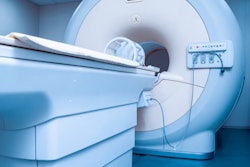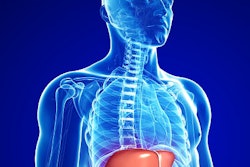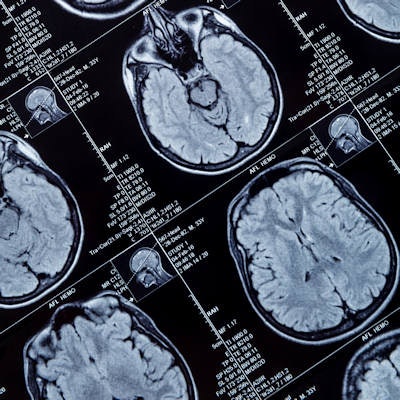
Functional MRI (fMRI) shows how the Alcoholics Anonymous mantra "one day at a time" works for recovering alcoholics, according to a study published August 28 in the American Journal of Psychiatry.
A team led by Sara Blaine, PhD, formerly of Yale University and now at Auburn University in Alabama, found that fMRI scans of patients with alcohol use disorder acquired one day to two weeks after their last drink showed "disruptions of activity between the ventromedial prefrontal cortex and striatum, a brain network linked to decision-making," the university said in a statement about the research.
The more recent the last drink, the more severe the disruption, and the more likely the alcoholics would resume heavy drinking and jeopardize their treatment and recovery, it said.
But the severity of this disruption decreased the longer the patients abstained from alcohol.
The findings come from two studies, one of which included 44 patients with alcohol use disorder entering treatment and 43 matched healthy controls, the other which included 69 patients with the disorder whose fMRI results were assessed at the beginning of treatment.
Study participants with alcohol use disorder showed significant activity in the ventromedial prefrontal cortex and ventral striatum in response to stress-provoking and alcohol-related images compared with healthy counterparts; the same brain dysfunction was associated with fewer days of abstinence from alcohol in the second study.
"For people with alcohol use disorder, the brain takes a long time to normalize, and each day is going to be a struggle," senior study author Dr. Rajita Sinha of Yale said in the statement. "For these people, it really is 'one day at a time.' "


